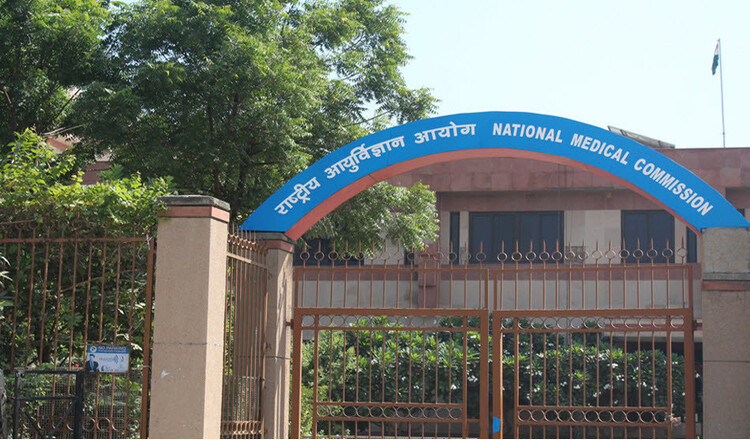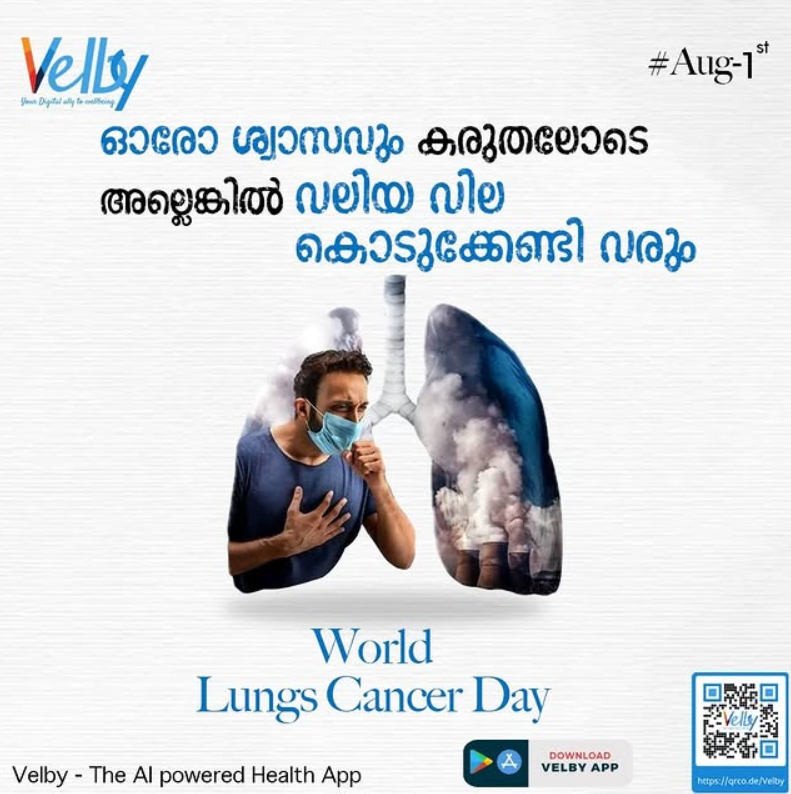Posted By : Admin1

Doctors can now refuse treatment of violent patients or relatives: NMC
The National Medical Commission (NMC) has issued new regulations for RMPs (registered medical practitioners) in a gazette notification on August 2.
- The National Medical Commission (NMC) has granted medical practitioners the authority to decline treatment for abusive or violent patients or their relatives, provided that patient abandonment is avoided, in an effort to curb instances of violence against doctors. Instances of abusive, unruly, or violent behavior from patients or relatives can lead to documented reporting and treatment refusal, directing such cases for further care elsewhere.
- The NMC's Professional Conduct Regulations also prohibit doctors from endorsing or advertising specific drug brands, medications, equipment, or engaging in third-party educational activities sponsored by pharmaceutical companies or the allied health sector.
- Furthermore, the regulations specify guidelines for interactions with pharmaceutical companies and commercial healthcare establishments, including restrictions on receiving gifts, travel benefits, and other forms of remuneration. The regulations clarified that this exception does not cover the salaries and privileges received by RMPs in their roles as organizational employees.
- Additionally, RMPs are advised against participating in any external educational events, such as seminars, workshops, symposia, or conferences, that entail sponsorships from pharmaceutical companies or the allied health sector, whether directly or indirectly.
- The cost of surgery or treatment should be reasonably estimated and disclosed to patients for informed decision-making, while consultation fees must be communicated prior to examination or treatment.
- In situations of non-payment of fees, doctors can refuse or discontinue treatment, excluding government service or emergencies, with a responsibility to ensure the patient is not abandoned. Registered medical practitioners (RMPs) attending to patients are accountable for their actions and entitled to appropriate fees.
- The regulations also address alcohol or intoxicant use that affects professional practice as misconduct.
- Requests for medical records must be acknowledged promptly, with documents provided within five working days, the existing provision being 72 days. In case of medical emergencies, efforts should be made to make the medical records available at the earliest
- Initiatives to convert patient medical records into digital format to enhance rapid access and security are promoted. RMPs are required to complete the full digitization of records within three years from the publication date of these regulations, adhering to the stipulations of the IT Act, data protection and privacy laws, and any other relevant laws, rules, or regulations that may be introduced over time to safeguard patient privacy. Self-employed RMPs are required to maintain patient records for three years.
- The term "emergency" is defined as 'life and limb saving procedure,' Previously, the term emergency was not clearly defined.
- RMPs are to display only NMC-recognized medical degrees/diplomas.
- The RMP must exhibit, as a suffix to their name, exclusively those medical degrees or diplomas recognized and accredited by the NMC, as outlined in the regulations and detailed on the NMC website that will be routinely updated.
- For RMPs qualified abroad who are pursuing registration for practice after successfully completing FMGE/NEXT, it is obligatory to adopt NMC-approved medical prefixes and suffixes of equivalence. This practice ensures clear communication for both patients and the general public.
- Formal announcements about practice changes can be made within media limits.
- RMPs are authorized to issue formal announcements in various media (including print, electronic, and social platforms) within a three-month period. These announcements can cover the commencement of practice, alterations in practice type, address changes, temporary leave from duty, practice resumption, transitioning to another practice, and public disclosure of fees.
- Medical institutions may publish limited information about services and facilities.
- Both the RMP and any individual, including corporate hospitals, overseeing facilities like maternity homes, nursing homes, private hospitals, rehabilitation centers, or any medical training institution, have the option to publish announcements in the media. However, these announcements should be limited to featuring the institution's name, the types of patients treated or admitted, details about the medical professionals and staff training, provided facilities, and fee information.
Download the full document from here.
https://doctorsportal.in/protocol-details/national-medical-commission-registered-medical-practitioner-professional-conduct-regulations-2023/General
https://www.nmc.org.in/rules-regulations/national-medical-commission-registered-medical-practitioner-professional-conduct-regulations-2023-reg

